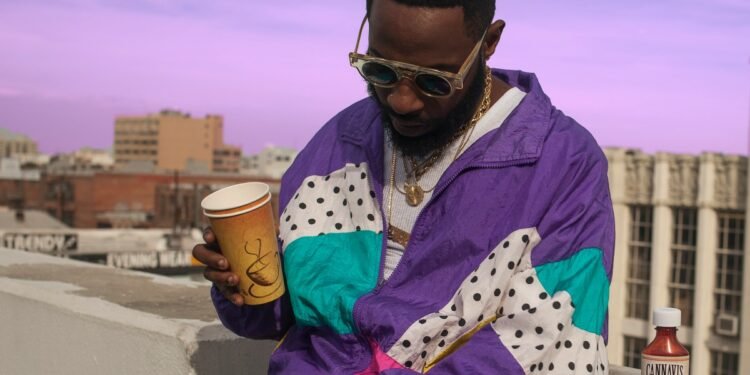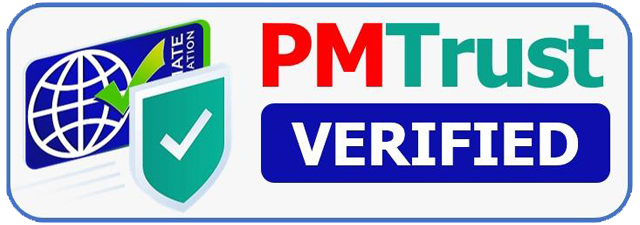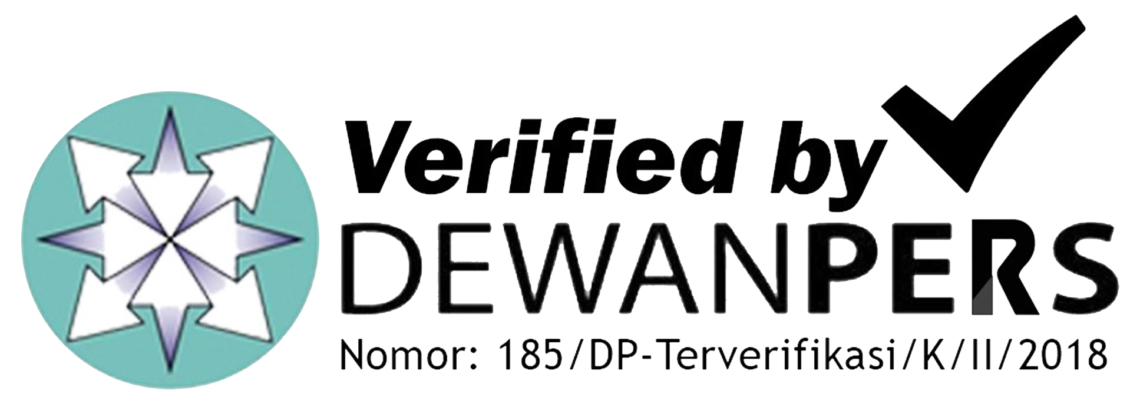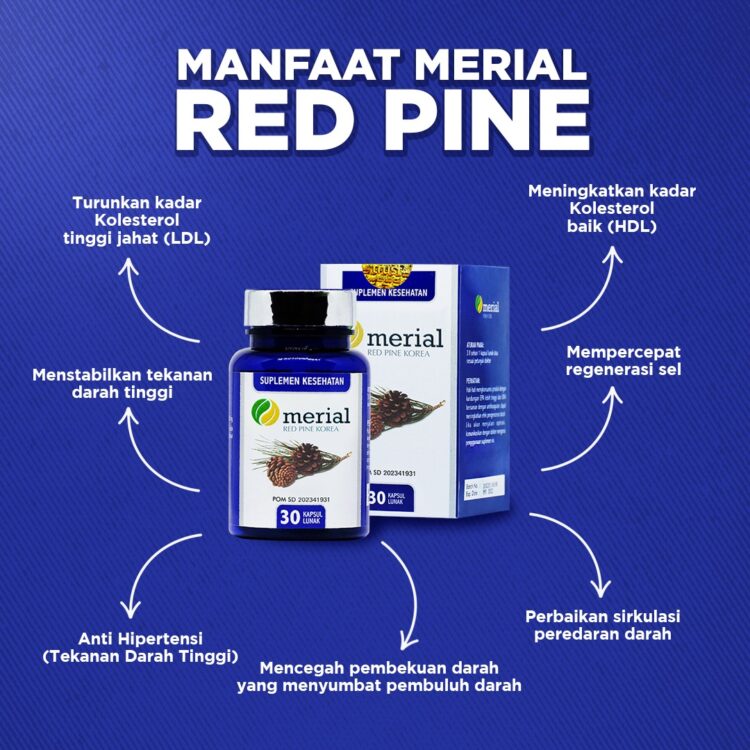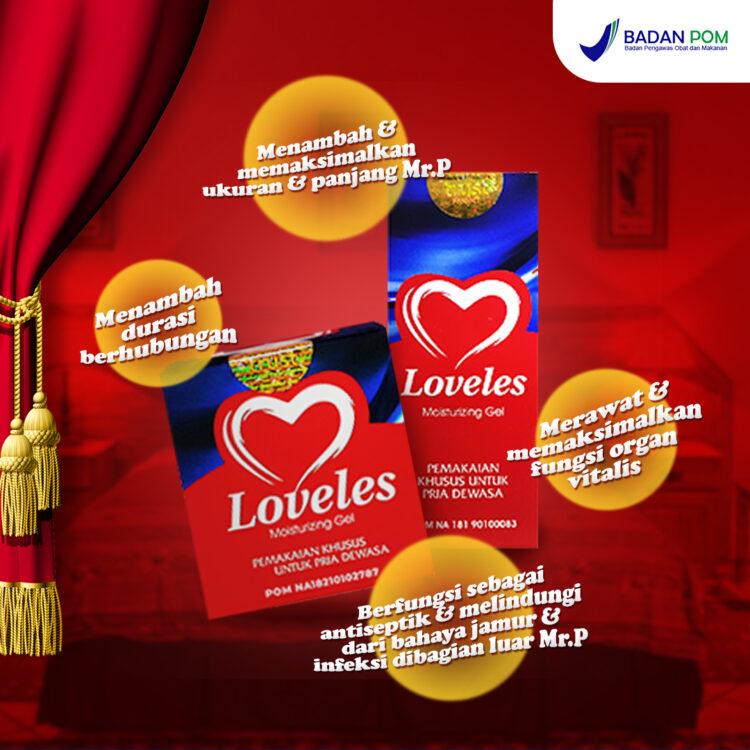[ad_1]
One of the latest is THC syrup. Essentially weed in liquid form, it has the same thickness and consistency as cough syrup and is designed to be added in spoonfuls to your lemonade, so you can get high without having to worry about omitting any suspicious smells or sharing a joint (eww… corona).
British rapper Slowthai recently showed-off a fresh order of THC Syrup on his Instagram Live, while a quick Google search shows you can order bottles to your door from legal websites in seconds. But what exactly is it? And is it safe?
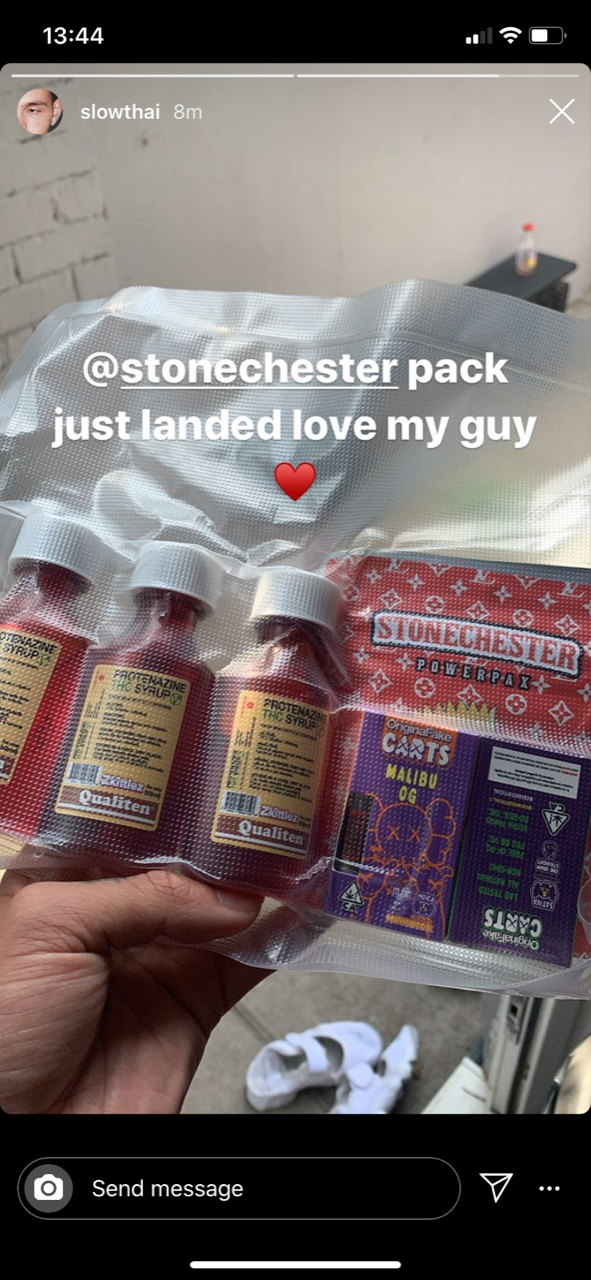
It’s a liquid form of cannabis typically made by mixing cannabis concentrate with vegetable glycerine or coconut oil and sugar. The logic is that by putting high levels of THC, the psychoactive chemical in cannabis, into liquid form you will get a faster and longer-lasting high than a conventional edible, partly due to the speed in which it is absorbed into your bloodstream.
Who is using it, and why?
I first heard about THC syrup through a friend. Before long, it became something that my weed dealer was offering me. For £40, I bought a 1000mg bottle of apple-flavoured THC syrup with no real instructions other than “shake well before use”. I started adding small teaspoons of it into my cans of 7-Up Zero, and felt an immediate buzz. Not only from the enormous high, but also the idea of getting stoned in a different fashion.
Co-signs from popular emcees like Slowthai and Smokepurpp, who is launching his own THC syrup line with the political motivation to fight against America’s opioid crisis, have undoubtedly helped to raise its profile and cool.
Is it an alternative to lean?
In the US, THC syrup, despite its very different effects, has been marketed as a safer alternative to “lean” – also known as Sizzurp, Dirty Sprite and Purple Drank – which is a popular drink among the rap community, consisting of prescription-grade codeine cough syrup mixed with soda.
However, Professor Adam Winstock, founder of the Global Drug Survey, says the lean connections are marketing hype. “THC syrup is just another form of edibles,” he tells me. “Saying it is a healthy alternative to lean is like saying weed is a healthy alternative to heroin. Lean is a dangerous concoction of an antihistamine in promethazine, an opioid in codeine, and often alcohol too. You can’t draw a parallel between a cannabis drink and an opioid drink, other than them being drinks that get you high. It’s all just marketing bollocks.”
David, a regular THC syrup user (he buys it from a dealer who makes it at home) and UK-based music producer, says he started taking it for health-related reasons. “It’s not bad for you like smoking is, so if you’re gonna get high then it’s a healthier, safer way to do it than using weed and tobacco,” he says.
“Me and my friends use it often and we love it. I think psychedelics and alternative weed products are having a moment in the UK, perhaps because people are experimenting indoors as parties have stopped.”
Potentially not, according to Winstock. He says that unless THC syrup is made by a trained chemist who knows what they are doing in terms of dosing then you will get a “huge variation in the product per teaspoon”.
“The fact that it will sometimes be made with dry herb or hash and other times made from concentrate, means it’s very hard to understand how strong a teaspoon dose might be,” he says, “even a 5mg dose will get a novice very stoned.” Winstock says that UK-made versions of THC syrup will likely be done by home chefs in DIY conditions, unlike in the US, where there’s much more regulation.
The fact my bottle came with hardly any instructions, along with the experience of another THC Syrup user, aligns with Winstock’s assessment. “It is very hard to dose if you don’t have experience taking it,” says 31-year-old Steve, who tried the syrup for the first time recently. “It gets more and more intense for a long time after drinking and was too strong for me.”
For David, though, the high is more pleasant than smoking and “touches all of his body”. He adds: “I didn’t experience any negatives really, but I’d be wary that it lasts a long time so if you have stuff to do in a few hours then I’d be cautious.”
Could it become a mainstay in the UK?
THC syrup is already gaining in popularity in the UK, according to Christopher Kadar, the VP of leading LA-based THC syrup brand Cannavis, which is sold in over 500 dispensaries across the US.
“The prices of THC syrup are most times much more affordable in comparison to buying flower or hash, and in markets that have not had cannabis legalisation, consumers tend to gravitate towards products that are more discrete, convenient and affordable,” he says of THC Syrup’s appeal. Kadar says the rise of THC syrups in the UK is likely a result of their growing popularity in the US.
The company makes “luxury” weed syrups that are “99-percent THC and 99-percent cannabinoids,” in flavours like watermelon, strawberry and pineapple. But even Kadar warns: “We have a dosage bar on each bottle to help with accurate dosing, which is crucial to providing a safe experience for consumers.”
As yet, the Global Drug Survey – which mainly gets feedback from drug users in Europe – has no official data on THC syrup, although Winstock admits the survey will start asking drug users about their experiences using THC syrup this year.
A final piece of advice for people who do try this new method of imbibing cannabis? Winstock says, “If you must take it then always go low and slow, and leave at least two hours between doses.”
@thobbsjourno
[ad_2]
Source link

